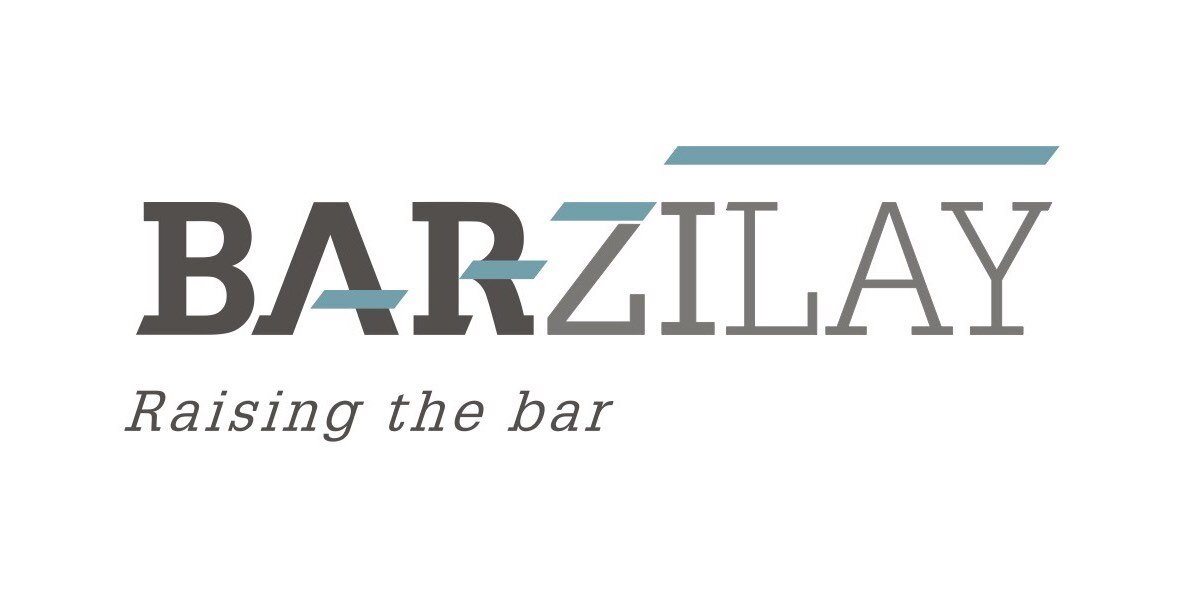Why salespeople cannot close
One of the hottest topics in sales is closing and how to close.
In preparation for a training session that I ran earlier this week I researched (all the way to page 7 on google) the reasons why salespeople struggle to close.
There is a massive amount of research and opinions on this. Some give the tops three some the top 20. In my research I found close to 300 reasons why. I then looked at what is being repeated the most, some were similar ideas in different words, and picked the top seven that were repeated the most.
So here are the top seven reasons why salespeople do not close based on various opinions and researches.
They are not trusted or respected. Let’s face it salespeople are not considered the most trustworthy people. According to this specific research, just 18% of the salespeople buyers met over the past year would be classified as trusted advisers whom they respect. Study participants were asked to choose the primary reason they don’t like meeting with salespeople. Their answers reveal that they feel pressured by self-centred salespeople. Forty-four percent believed salespeople are only serving their own agenda, while 25% indicated salespeople only care about making the sale. Twenty-three percent were uncomfortable because it is difficult to say no to them, and 8% said salespeople are not the type of person they typically associate with. The lesson is clear. Instead of focusing solely on revenue, salespeople should concentrate more on helping buyers accomplish their goals. (Steve Martin Harvard)
They use the wrong closing strategy. Study participants were presented with different closing techniques in order to understand how they would respond. Overall, hard close techniques such as “This is the last time we’ll be able to extend this offer and we need an answer now” were rated least effective. A hard close creates a binary “yes or no” response from the buyer and is associated with a “take it or leave it” mentality. Soft close techniques such as “If you spend another $100,000, you will receive an additional 10% off the entire order” were rated most effective. A soft close is based on a suggestion that leads buyers to believe they are acting of their own free will, when in fact they have been directed to follow an action. (Steve Martin Harvard)
They can’t establish a personal connection. There is an equilibrium point where the buyer respects the salesperson’s conviction and is not offended by their persistence, which enables the relationship to develop. Buyers cited five key reasons why there isn’t “chemistry” or a personal connection with a particular salesperson:
The salesperson was too pushy.
There was a difference in communication styles.
The salesperson’s personality was much different from mine.
The salesperson was too eager to befriend me.
There was a difference in age.
Most salespeople are very comfortable selling to certain types of people. However, they’re far less likely to establish rapport with someone who is wired far differently than themselves. Since they’re not exactly sure how to behave, they act in a way the buyer considers too pushy, or they overcompensate by being overly friendly.
It’s not surprising that 81% of buyers indicated they would rather talk with someone who shares their same mannerisms. As a result, buyers will choose the salesperson who develops rapport over those who don’t. Ultimately, a salesperson wants to become a communication chameleon. Just as the chameleon changes colors to match its surroundings, the salesperson’s goal is speak the buyer’s language (industry, technical, and job function) in order to change a skeptic into a believer. (Steve Martin Harvard)
They do not actively listen to prospects. When salespeople talk more than they listen, they are not likely to succeed at closing sales. That is because active listening is the best way for salespeople to understand their prospect and overcome objections that stand in the way of a sale and recommend the best product or service for the prospect.
They do not know enough about the product/service they are selling. a salesperson cannot effectively close sales if you had little to no knowledge of the product/service you were selling. When a salesperson does not know much about what you are selling, they cannot make an educated recommendation for their prospects. As a result, prospects will be unable to understand how the product or service will benefit them and will not purchase.
They didn’t qualify the prospect. Skilled sales professionals have a qualification checklist where they quickly assess the quality of an opportunity. For example:
What is their timeline?
What do they see as the next steps?
Who is the decision maker?
What is their budget for this?
Without asking those questions a salesperson may waist their with a person who is not able to purchase from them, hence will not be able to close the sale.
Fail to find and address the buyers problem. Ultimately, a prospect is looking for a solution. That solution is what you need to sell them on. During your sales pitch, a buyer will begin to amass information that will help them make their decision.
The salesperson needs to make sure they are addressing those needs. If they fail to do so, the buyer won’t be able to justify the purchase. Before beginning conversations, they need to spend the time to research the prospects business. Make a quick checklist of the values their product brings and what needs they can fulfil. helping the prospect see the need/value.

